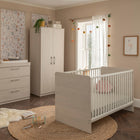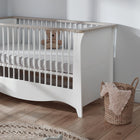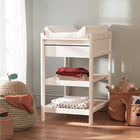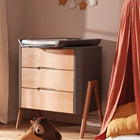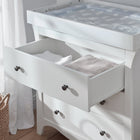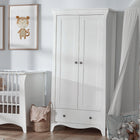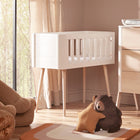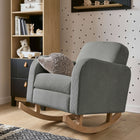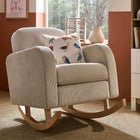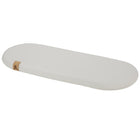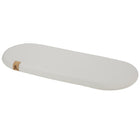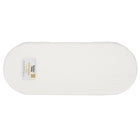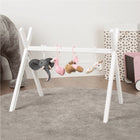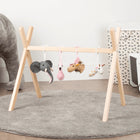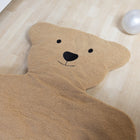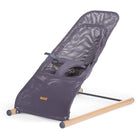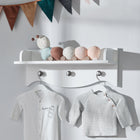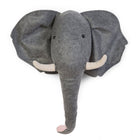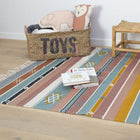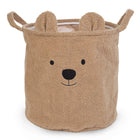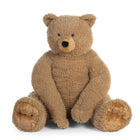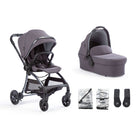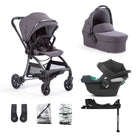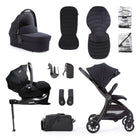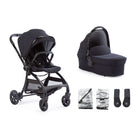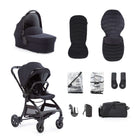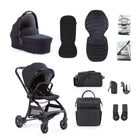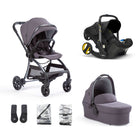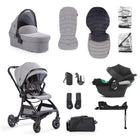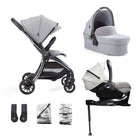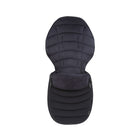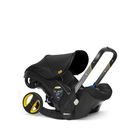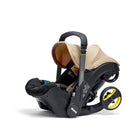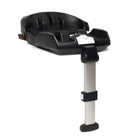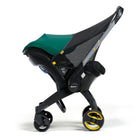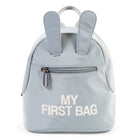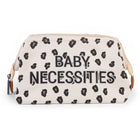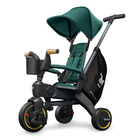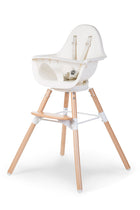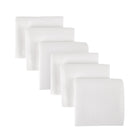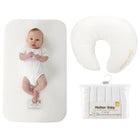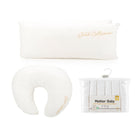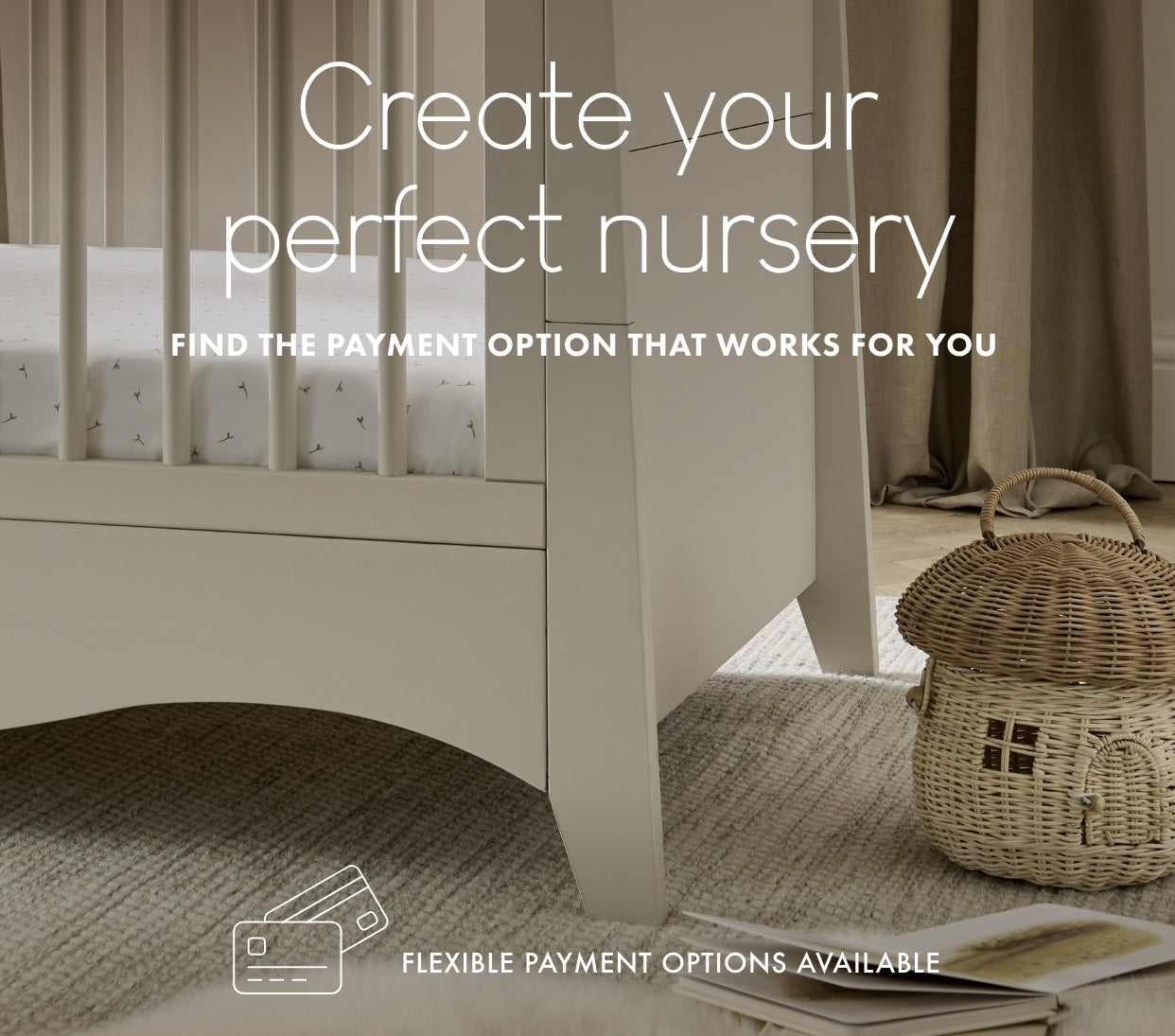Getting enough sleep is vital for babies.
As they grow, their bodies are in a state of rapid development. While they’re busy snoozing, memories are being stored, synapses are forming, brain tissue is developing, connections are established, energy is replenished and much, much more. It’s hard to imagine all that going on inside of your tiny person, but it’s happening, and it’s setting them up for proper growth and development as they get older.
With the average newborn baby requiring around 17 hours per day of sleep, we want to help you ensure that your baby gets the necessary amount of sleep today — and every day after that. From understanding the exact sleep needs of your little one to creating a cosy, sleep-inducing haven to encourage the ZZZs to flow, we are here to support you and your baby as your little one adapts to the world outside the womb.
Trust us, we know how difficult overcoming sleeping issues can be, but it’s never too late to develop better habits to help your tot get a restful night — and ensure more shut-eye for yourself. With over 30 years of combined experience here at CuddleCo, we are rapidly on our way to becoming the nation’s Sleep Specialist for your little one.
Understand Your Baby's Sleep Needs
As your baby grows, their sleep needs are constantly changing and evolving. Understanding how your baby’s sleep pattern develops as they grow will be the foundation for ensuring you can help them get the sleep they need.
- 1 to 6 Weeks — in these early weeks, babies sleep a lot and their sleep patterns tend to be erratic. They will sleep almost as much during the day, as they do at night. The one thing that will wake them is hunger. Beginning to develop a consistent feed and sleep-time routine during these early stages will help your baby learn to recognise certain actions as sleep cues, and cause them to feel sleepy.
- 6 Weeks to 3 Months — by six weeks your baby will be more responsive. They’ll be able to stay awake for longer, and by 12 weeks they may be able to stay awake for two hours at a time. If you’ve got into a rhythm with feeding, you might well be seeing a rhythm in daytime naps and night sleep too. Lots of parents find that three naps during the day, each one lasting around 90 minutes, is enough for their baby.
- 3 to 6 Months — by the time your baby reaches 12 weeks a big shift has happened. In the weeks since they were born, your baby has been learning that night is a time for sleep. You can encourage this now by implementing routines to help your baby to self-settle themselves to sleep. There are also some big developmental changes happening during these months that can disturb sleep. One of the biggies is when babies learn to roll and sit-up. This new-found ability can cause restfulness and disruption to sleep. The best way to deal with it is to give your baby as much time during the day as possible to practise these skills.
- 6 to 9 Months — this is the age when your baby should drop their late afternoon nap. At six months they might still need a 15 to 20-minute power nap in the late afternoon, but by eight months it should be gone! Babies are often moved into their own room now. Get them used to it for a month before, starting the bedtime routine there.
- 12 to 24 Months — at 12 months old your baby will still be having two naps a day. A common sleep trap parents fall into is letting the morning nap go on too long, so it can be harder for their baby to have a long nap at lunchtime. This leads to overtiredness at bedtime. By the time your baby is two years old, their lunchtime nap will probably have naturally reduced in length to one hour, although some do still need longer. Most children will continue to need this nap until they are three.
Create a Soothing Sleep Environment
It’s important to create a calm and soothing environment for your baby to help engage their sleepiness and encourage them to drift off into a relaxed sleep.
Where your baby sleeps could have a huge impact on the quality of the sleep they get. Once your baby grows out of a Moses basket or bassinet, which most parents use for a newborn, they will need to move into a cot bed. We offer a range of beautiful cot beds to ensure your child will sleep safe and soundly, as well as being designed for a clean yet timeless look, to match nearly every decor option.
Don't forget, whatever cot or cot bed you go for, it's crucial to get the right type and size of mattress to go in it. You want your baby’s mattress to be super supportive and comfortable, anti-allergy and temperature-regulating. Our range of expert mattresses, including our Mother&Baby Gold Collection, is designed specifically to these requirements, so you can rest easy knowing that your baby is getting the best night’s sleep possible.
Darkening the room where your baby’s cot is will not only help your baby to get to sleep but will also help them to begin to associate the darkness with sleep time. Products such as black-out blinds and controllable night lights can help you to achieve the perfect ambience to encourage your little one to settle into sleep. Having white noise or soft background music playing while your baby settles to sleep complements this idea and helps your little one to feel comforted and relaxed while they doze off.
Develop an Easy Bedtime Routine
The build-up to putting your baby to bed is essential in helping your child understand that it will soon be time to go to sleep.
Use this time to read your little one a story, listen to quiet music or give them a bath. It may be tempting to play with your child before bed. However, active play may make your child too excited to sleep. We recommend playing active games during the day and quiet games in the evening. This keeps your baby from getting too excited right before bedtime but gets them tired from the day's activities.
To help your baby pick up on the sleep cues of their routing, it is important that you keep activities the same and in the same order, night after night. Make sure the night-time conditions in your baby's bedroom are also consistent. If they wake up in the middle of the night, the sounds and lights in the room should be the same as when they fell asleep. This will reduce the amount of disturbance they feel and should encourage them to drift back to sleep with relative ease.
Need help getting your baby to sleep? Discover CuddleCo’s range of expert mattresses, to ensure your baby gets the best sleep possible and you get the rest you deserve. Shop now for free shipping on all orders over £50.